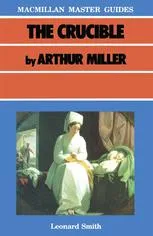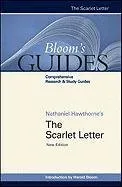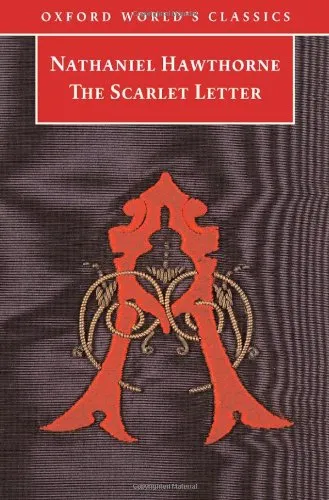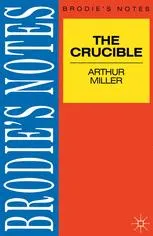The Crucible by Arthur Miller
5.0
Reviews from our users

You Can Ask your questions from this book's AI after Login
Each download or ask from book AI costs 2 points. To earn more free points, please visit the Points Guide Page and complete some valuable actions.Related Refrences:
Introduction to "The Crucible" by Arthur Miller
Arthur Miller's "The Crucible" stands as a powerful testament to the perils of social hysteria and the dangers of disregarding truth in the service of ideology. Written in 1953, Miller's play is a dramatized and partially fictionalized story of the Salem witch trials that took place in the Massachusetts Bay Colony during 1692/93. Delving into themes of fear, power, and integrity, "The Crucible" serves as a timeless narrative that's both a gripping historical drama and a cautionary tale relevant to contemporary society.
Summary of the Book
At its core, "The Crucible" is a drama that unfolds in four acts. The plot kicks off in the small town of Salem, where the fear of witchcraft begins to take root. A group of young girls, led by Abigail Williams, is caught dancing in the forest, and soon, rumors start swirling about their involvement in witchcraft. To divert attention from their own misdeeds, the girls resort to accusing others in the town of practicing witchcraft.
The trials ensue as fear and paranoia grip the town, leading to the arrest of many innocent individuals. John Proctor, a respected farmer, becomes embroiled in the turmoil when his wife, Elizabeth, is accused of witchcraft. As Proctor seeks to expose the hysteria and the falsehoods propagated by Abigail and her cohort, he faces moral dilemmas and the overarching question of personal integrity.
Miller deftly weaves a narrative that highlights how individuals and communities can succumb to collective hysteria, leading to grave injustices. The play culminates in Proctor's ultimate decision to prioritize truth and righteousness over self-preservation, offering a poignant commentary on the human condition and the cost of standing by one's principles.
Key Takeaways
The destructive power of fear and suspicion when left unchecked.
The moral and ethical struggles faced when truth and integrity are pitted against self-interest and survival.
The dangers of allowing authority to go unquestioned and unchecked, leading to mass hysteria.
The timelessness of the struggle for personal redemption and honor.
Famous Quotes from the Book
Arthur Miller's writing is laced with profound observations and sharp insights. Some of the most memorable quotes include:
"Because it is my name! Because I cannot have another in my life! Because I lie and sign myself to lies! Because I am not worth the dust on the feet of them that hang! How may I live without my name? I have given you my soul; leave me my name!"
"We are what we always were in Salem, but now the little crazy children are jangling the keys of the kingdom."
Why This Book Matters
"The Crucible" remains relevant today as it addresses the perennial issues of social scapegoating and the mechanisms of mass hysteria. Arthur Miller wrote the play during the McCarthy era, a time of rampant anti-communist sentiment in the United States. The play served as an allegory for the "witch hunts" led by Senator Joseph McCarthy, during which numerous innocents were accused and blacklisted without substantial evidence.
Miller's insightful exploration of the darker sides of human nature and societal behavior ensures that "The Crucible" is not just a historical account but a dynamic work that continues to resonate with contemporary audiences. It invites readers and viewers alike to reflect on the importance of truth, the courage required to defend it, and the dangers posed by unchecked power and irrational fears.
Free Direct Download
You Can Download this book after Login
Accessing books through legal platforms and public libraries not only supports the rights of authors and publishers but also contributes to the sustainability of reading culture. Before downloading, please take a moment to consider these options.
Find this book on other platforms:
WorldCat helps you find books in libraries worldwide.
See ratings, reviews, and discussions on Goodreads.
Find and buy rare or used books on AbeBooks.
1372
بازدید5.0
امتیاز50
نظر98%
رضایتReviews:
5.0
Based on 0 users review
"کیفیت چاپ عالی بود، خیلی راضیام"







